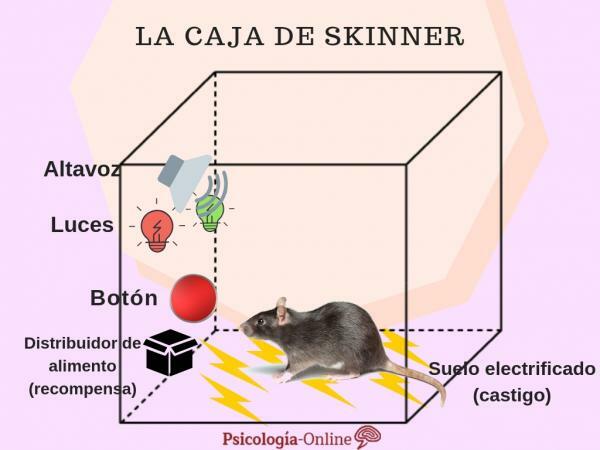
Technological development and its repercussions on the organization produces greater technification of work and greater mechanization that impoverishes work, makes it more monotonous and hinders interaction and relationship with others workers. Psychologists defend the need for an enrichment of the task that makes it more attractive and motivating and the need for new systems of organization built on alternative models of man.
The conventional formal organization is built on a series of psychological assumptions that do not allow the personal development of the members. It is necessary to build new models on alternative assumptions.
The development of humanistic psychology makes it possible to formulate these alternative assumptions. The "third force" alternative to behaviorism and psychoanalysis, conceives the person as being capable of making decisions and with a rich inner and subjective experience. Rogers and Maslow They are 2 of its most genuine representatives. The hierarchical theory of needs formulated by the latter has an important influence on organizational psychologists.
When one need is more or less satisfied, the next (higher) need arises and in turn dominates life conscious and serves as a center for organizing behavior, since gratified needs are not motives assets. The role of association, habit and conditioning affect behavior and cultural differences can alter the hierarchical relationship of various needs. The basic assumption of the theory is that in every human being there is an impulse towards growth and towards the actualization of their human potentialities.
Approaches to the study of human behavior in the organization developed within the perspective sociotechnological They are characterized by their insistence on the predominant role of technological aspects in determining work behavior in the organization. If we include in the concept of technology the production team or the various technical instruments available to carry out the work (hardware) and the production processes and the various formulations of work organization (software), we would accept that both determine a good part of work behaviors and their consideration and analysis helps to explain them.
Influence that is neither direct nor absolutely determined. The main authors insist that the instruments technological (hardware) influence the behavior of the workers through the organization and planning of the work to be carried out with them and that there are multiple possibilities when carrying out such planning. The new orientation introduces innovations incorporates a series of contributions indicated as they insist on the need to carry out work planning that takes into account the physiological, psychological and social demands of the workers avoiding monotony, and facilitating human relations in work groups. > Next: Humanist models
This article is merely informative, in Psychology-Online we do not have the power to make a diagnosis or recommend a treatment. We invite you to go to a psychologist to treat your particular case.


